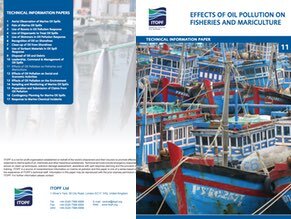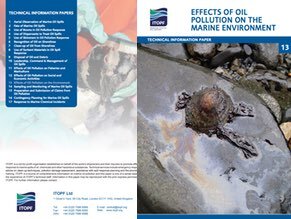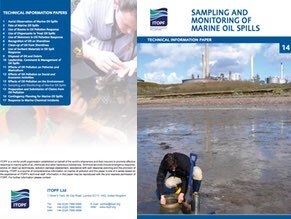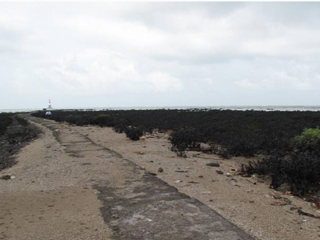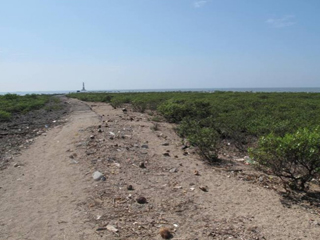Environmental Effects
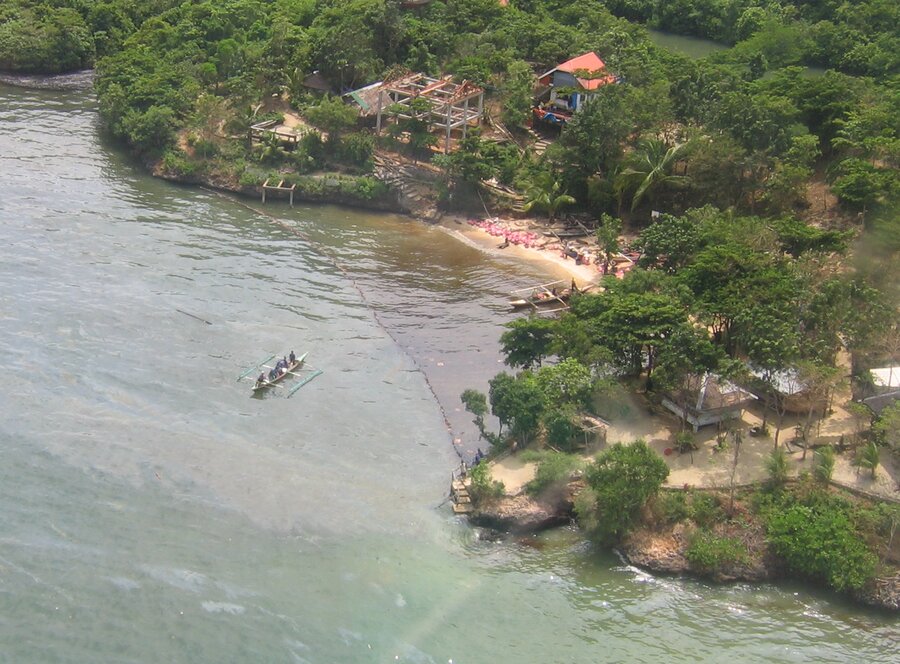
The effects of oil spills can have wide ranging impacts that are often portrayed by the media as long lasting environmental disasters. Such perceptions are understandable as they are often fuelled by distressing images of oiled birds and other wildlife.
It is true that an oil spill can have severe short term effects, especially when organisms are considered on an individual basis. However, environmental impacts should always be measured in a scientific context and should be appraised at an ecosystem rather than individual level. In other words, it is important (or more representative of long term environmental effects) to base the extent of environmental damage on the effects to ecosystems. For example, has the ecosystem retained its normal functions or how quickly will they resume following an oil spill?
Under normal conditions many of the ecosystems most frequently affected by marine oil spills are accustomed to natural disturbances. For example, shallow coral reefs are some of the most dynamic environments, frequently exposed to the intense forces of typhoons and tsunamis. Disturbances of this nature typically create space for new organisms to settle and grow. In time, natural processes repair damage caused by such events, returning an ecosystem to its previous functions, albeit potentially comprised of different individual organisms. Natural recovery processes are also important in remediating the effects of oil spills. Recovery can be assisted by the removal of oil through well-conducted clean-up operations, and may sometimes be accelerated with carefully planned restoration measures.
How Can Oil Spills Cause Damage to the Environment?
The effects of an oil spill will depend on a variety of factors including, the quantity and type of oil spilled, and how it interacts with the marine environment. Prevailing weather conditions will also influence the oil’s physical characteristics and its behaviour. Other key factors include the biological and ecological attributes of the area; the ecological significance of key species and their sensitivity to oil pollution as well as the time of year. It is important to remember that the clean-up techniques selected will also have a bearing on the environmental effects of a spill.
Oil spills may impact the environment in the following ways:
- Physical smothering of organisms: This is caused by oils with a high viscosity, in other words heavy oils. Smothering will affect an organism’s physical ability to continue critical functions such as respiration, feeding and thermoregulation.
- Chemical toxicity: This is characteristic of lighter chemical components which are more bio-available, ie absorbed into organs, tissues and cells, and can have sub-lethal or lethal toxic effects.
- Ecological changes: This is caused by the loss of key organisms with a specific function in an ecological community. They can be replaced by different species undertaking similar functions in which case the implications for the ecosystem as a whole may not be severe. However, more detrimental is the niche in the community being replaced with organisms performing completely different functions thereby altering the ecosystem dynamics.
- Indirect effects: Loss of shelter or habitat through oiling or clean-up operations.
What Characterises Recovery for the Marine Environment?
Extensive research and detailed post-spill studies have shown that even major oil spills will rarely cause permanent effects.
Marine ecosystems have high natural variability and are subject to ever-changing environmental phenomena such as storms, climatic anomalies (eg El Niño) as well as anthropogenic pressures. Furthermore, marine organisms have varying degrees of natural resilience to these pressures on their habitats. This natural variability means it is unlikely that exact pre-spill conditions will be reached. It makes determining the point of recovery following an oil spill, and the time it will take, difficult to accurately predict.
It is generally accepted that recovery is reached when a community of plants and animals characteristic of that habitat are established and functioning normally.
Explore Documents on Environmental Effects
11.어업 및 양식업에 대한 기름유출의 영향
이 문서는 선박기인 유류오염이 어업과 양식업에 미치는 영향에 대해 설명하고, 유류유출의 심각한 피해를 감소시키는데 도움이 될만한 대응 조치와 관리 전략에 관한 지침을 제공한다. 기타 경제적 자원에 대한 피해는 별도의 기술서에서 다루고 있다.
Categories: Environmental effects, Economic effects, Technical Information Paper (TIPS)
13.환경에 대한 기름유출의 영향
이 문서는 선박 기인 유류 오염과 방제작업의 결과가 해양 동식물과 그들의 서식지에 미치는 영향에 대해 설명한다. 특히 오랫동안 다양한 연구의 주제가 되어왔던 유류와 생태계 사이의 복잡한 상호작용에 관해 논의한다. 유류유출이 어업과 양식업, 광범위한 인간 활동에 미치는 구체적인 영향은 별도의 ITOPF 기술서에서 다룬다.
Categories: Environmental effects, Technical Information Paper (TIPS)
14.해상유출기름의 시료채취 및 모니터링 지침
이 문서는 유류 오염의 질적 및 양적 모니터링에 사용될 수 있는 시료 채취와 모니터링 절차에 관한 전체적인 개요를 제공한다. 질적 분석은 유류 오염의 출처를 확인할 수 있는 한편, 모니터링 프로그램은 시간이 지남에 따른 탄화수소의 양적 변화와 관계가 있다. 분석 우수사례에 대한 지침이 제공되고 일반적인 용어가 설명되어 있다. 그러나 특정 생태학적 또는 생물학적 영향을 추적 관찰하고 대기 중의 오염물질을 감시하는데 필요한 기술과 관찰은 여기서 다루지 않는다.
Categories: Environmental effects, Planning & operations, Technical Information Paper (TIPS)

